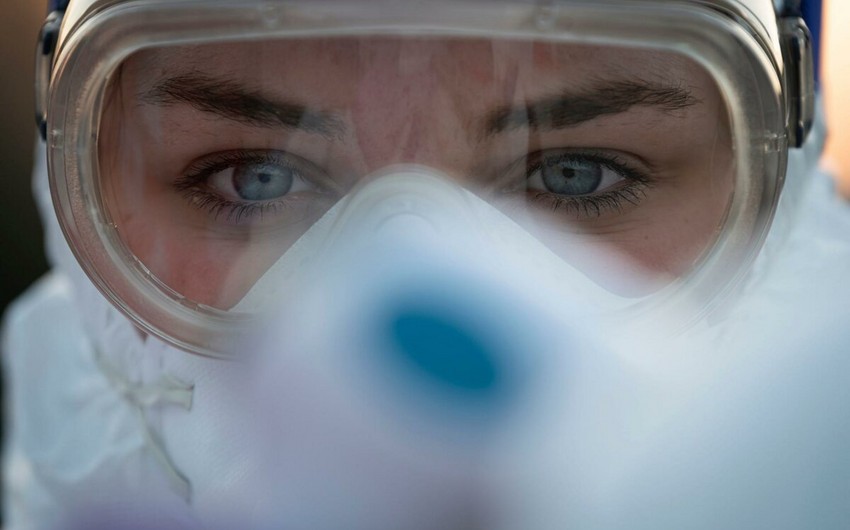Scientists at the Rosalind Franklin Institute in the UK have developed nanobodies (a smaller, simple form of antibody generated by llamas and camels) that can effectively target the SARS-CoV-2 virus that causes COVID-19, Report informs referring to the UK Research and Innovation website.
It is the first step towards developing a new type of treatment against COVID-19. The scientists are hoping to progress this work from the animal setting to prepare for clinical studies in humans.
The research team found that short chains of the molecules, which can be produced in large quantities in the laboratory, significantly reduced signs of the COVID-19 disease. It can be administered either nasally or by injection to infected animal models.
The nanobodies bind tightly to the SARS-CoV-2 virus, neutralizing it in cell culture. They could ultimately provide a cheaper and easier to use alternative to human antibodies taken from patients who have recovered from COVID-19.
Professor James Naismith, Director of the Rosalind Franklin Institute, and the team found three nanobody chains were able to neutralize both the original variants of the COVID-19 virus and the Alpha variant that was first identified in Kent, UK. A fourth nanobody chain was able to neutralize the Beta variant first identified in South Africa.
When one of the nanobody chains (also known as a trimer) was administered nasally to hamsters infected with SARS-CoV-2, the animals showed a marked reduction in disease.


 https://static.report.az/photo/43ef8296-504f-3660-905e-082b58676132.jpg
https://static.report.az/photo/43ef8296-504f-3660-905e-082b58676132.jpg

